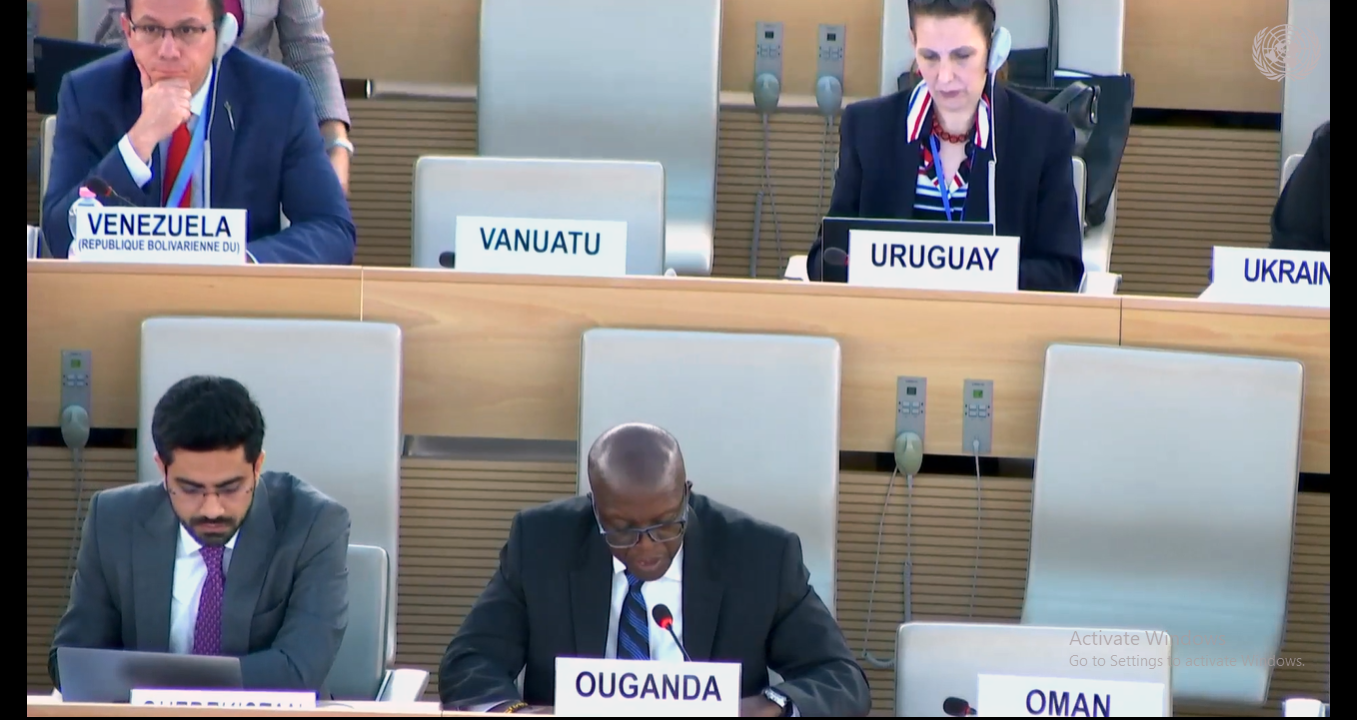
UN Human Rights Council Adopts NAM Resolution on International Cooperation
The UN Human Rights Council has adopted a resolution entitled "Enhancing International Cooperation in the Field of Human Rights." The resolution, presented by Uganda on behalf of the Non-Aligned Movement (NAM), followed weeks of both informal and formal consultations with delegations.
The European Union (EU) called for a vote, stating that its members in the Council would vote against the draft. The resolution was approved with 31 votes in favour, 13 against, and 2 abstentions.
Introducing the resolution, Uganda’s Deputy Permanent Representative to the UN, Ambassador Arthur Kafeero, emphasised its aim to reaffirm the collective commitment to promoting international cooperation among UN member states in the field of human rights. "Uganda recalls that the COVID-19 pandemic demonstrated that no state can efficiently thrive without cooperation with others," he said.
The NAM resolution "reaffirms the duty of states to cooperate with one another in accordance with the UN Charter and promotes a culture of tolerance and respect for diversity." Ambassador Kafeero further urged the High Commissioner to prioritise regional seminars on North-South, South-South, and triangular cooperation to enhance the enjoyment of all human rights, including the right to development.
Belgium's representative, speaking on behalf of the EU, thanked Uganda for coordinating the draft resolution's negotiations. He acknowledged the importance of international cooperation for EU external relations but expressed concerns about the language in the text, such as references to the New International Economic Order (NIEO) and terrorism, which he believed did not sufficiently address human rights, international law, and refugee law.
He also criticised the emphasis on Universal Coercive Measures (UCMs) and questioned the added value of regional seminars given the UN's current liquidity crisis. Despite these concerns, he affirmed the EU's readiness for future dialogue with NAM to achieve a consensual approach.
The United States representative, who also voted against the resolution, reiterated her country’s commitment to protecting human rights globally, including in international forums. She expressed regret over the inclusion of controversial language and longstanding terms like UCMs, which lack internationally agreed definitions, and argued against suggesting states have human rights obligations for other states. She encouraged other Member States to vote against the draft resolution.
Argentina’s representative commended Uganda’s consultative approach but, despite Argentina being a NAM member, expressed concerns about using non-consensus terms like NIEO and UCMs, which could justify human rights abuses. Consequently, Argentina abstained from voting.
Links
- 61 views







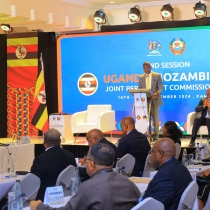
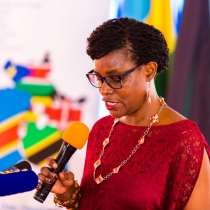




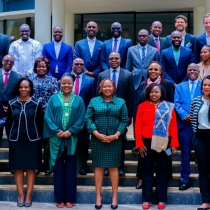


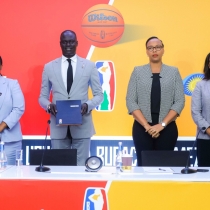






















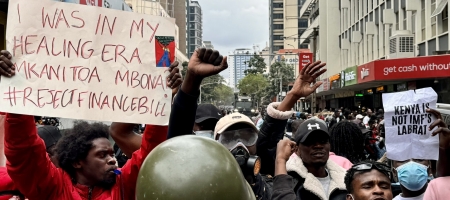




Join the conversation